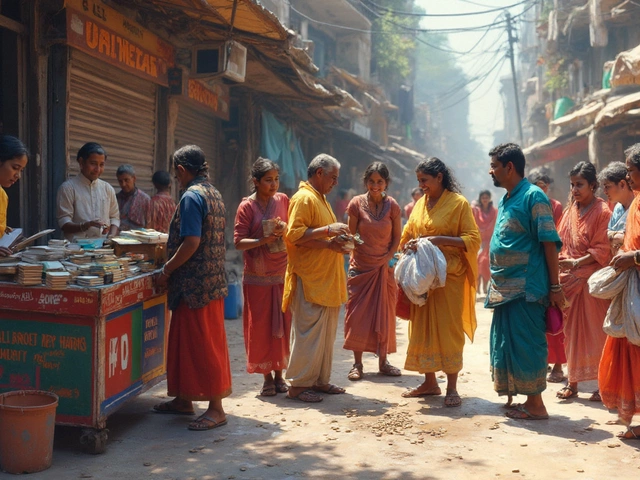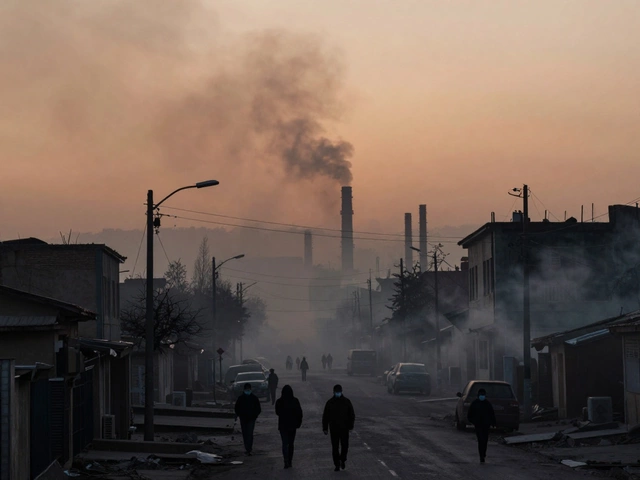Why Volunteers Work for Free: The Real Reasons People Give Their Time
When you ask someone why they volunteer, they often say, "I just wanted to help." But that’s not the whole story. volunteering, the act of giving time and effort to support a cause without financial reward. Also known as community service, it’s not just charity—it’s a personal choice that reshapes how people see themselves and their place in the world. Why do people give up their weekends, evenings, and energy without getting paid? It’s not guilt. It’s not pressure. It’s deeper than that.
volunteer motivation, the internal drivers that push someone to show up for a cause isn’t about recognition. It’s about connection. People volunteer because they feel isolated in daily life and find belonging in a group working toward something real—like feeding families, cleaning parks, or mentoring kids. community volunteering, local efforts where neighbors help neighbors without formal structure thrives because it’s human. It’s the old man who shows up every Tuesday to sort clothes at the thrift store because he misses having a purpose. It’s the college student who tutors kids because she remembers what it felt like to be left behind. These aren’t acts of sacrifice—they’re acts of survival, for both the giver and the receiver.
The volunteer benefits, the personal, emotional, and social gains that come from giving time are real and measurable. Studies show people who volunteer regularly report lower stress, stronger social ties, and even improved physical health. But more than that, they gain clarity. They stop seeing problems as too big to fix and start seeing them as something they can touch, change, or at least show up for. That’s why volunteering doesn’t fade away, even when times get hard. It’s not about the organization—it’s about the shift inside the person.
And yet, volunteerism is dropping. Why? Because traditional models ask for too much: rigid hours, long-term commitments, performative roles. People aren’t burned out on helping—they’re burned out on being told how to help. The future of volunteering isn’t more campaigns. It’s more flexibility. More trust. More space for people to contribute in ways that fit their lives—whether that’s an hour a month, a skill shared online, or showing up just once.
What you’ll find below isn’t a list of reasons to volunteer. It’s a collection of real stories, real data, and real questions about why people choose to give their time anyway. Some posts dig into the hidden mental health perks. Others expose why so many quit. A few show how small groups are redefining what help looks like. This isn’t about guilt or gratitude. It’s about truth: people don’t work for free because they have to. They do it because they can’t not.
25 November 2025
Elara Greenwood
Volunteers don't get paid because their work is rooted in purpose, not profit. Learn why unpaid service remains the backbone of community support-and what volunteers truly gain instead.
Continue Reading...





